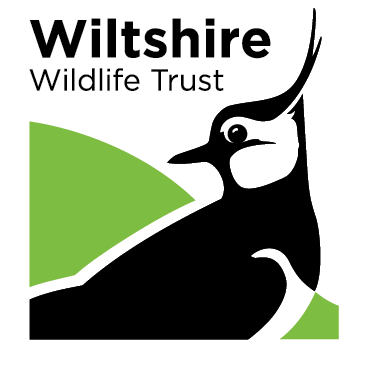- Targeted green prescribing could save over £635 million per year
- Wildlife Trusts programmes help tackle anxiety, depression and social isolation
- “Nature is an essential part of health and social care” – The Wildlife Trusts
Nature-based health and wellbeing programmes could save hundreds of millions of pounds each year and reduce society’s reliance on the NHS, according to a new report by The Wildlife Trusts.
New analysis published today, A Natural Health Service: Improving Lives and Saving Money, found that green prescribing can save more in healthcare costs than the price of running a green prescribing scheme.
Green prescribing is an evidence-based pillar of social prescribing that harnesses the health, wellbeing, and social benefits of spending time in nature. It enables GPs and other health care practitioners to refer people to nature-based programmes to improve physical and mental health.
The new research, undertaken by global strategic environmental and engineering consulting company, Ricardo plc, and The Institute of Occupational Medicine Health, analysed five Wildlife Trusts programmes to see how they benefitted the NHS.
If just one of these programmes was offered to everyone likely to take them up – estimated at 1.2 million people – it could result in annual cost savings of £635.6 million.
- Wild at Heart by Sheffield and Rotherham Wildlife Trust is a social group that runs nature-based activities and helps people learn new skills. Analysis found healthcare cost savings of £38,646 of 82 participants over a year. For every £1 invested, there is £1.19 of additional benefit in terms of reduced costs to the NHS.
- MyPlace by Lancashire Wildlife Trust helps people improve mental and physical health. Analysis found healthcare cost savings of £7,024 and reduced employment-related costs due to mental health of £28,442. For every £1 invested, there is £2.16 of additional benefit in terms of reduced costs to the NHS.
- Feed the Birds by Shropshire Wildlife Trust addresses social isolation and loneliness by linking individuals with volunteers who help them feed birds. Analysis found healthcare cost savings of £15,460 per year of 57 people. For every £1 invested, there is £0.40 of additional benefit in terms of reduced costs to the NHS. Assuming all participants were fully engaged over the full 31-month duration, the accumulated benefits over this period are much higher, at around £102,440.
- Nature for Health in Greater Manchester is part-run by Lancashire Wildlife Trust and harnesses the power of nature to improve mental health. Analysis found healthcare cost savings of £44,745. For every £1 invested, there is £0.18 – £0.93 of additional benefit in terms of reduced costs to the NHS.
- Wild Health by Gwent Wildlife Trust provides opportunities for recreational, social, and work-based outdoor activities that benefit physical and emotional well-being. Analysis found healthcare cost savings of £66,882, equating to £471 saving per participant. For every £1 invested, there is £0.58 – £1.10 of additional benefit in terms of reduced costs to the NHS.
Locally, Wiltshire Wildlife Trust runs a host of health and wellbeing programmes and events across Wiltshire and Swindon, including its Swindon Wellbeing Programme and Wild Transitions groups for Armed Forces veterans in Trowbridge.
